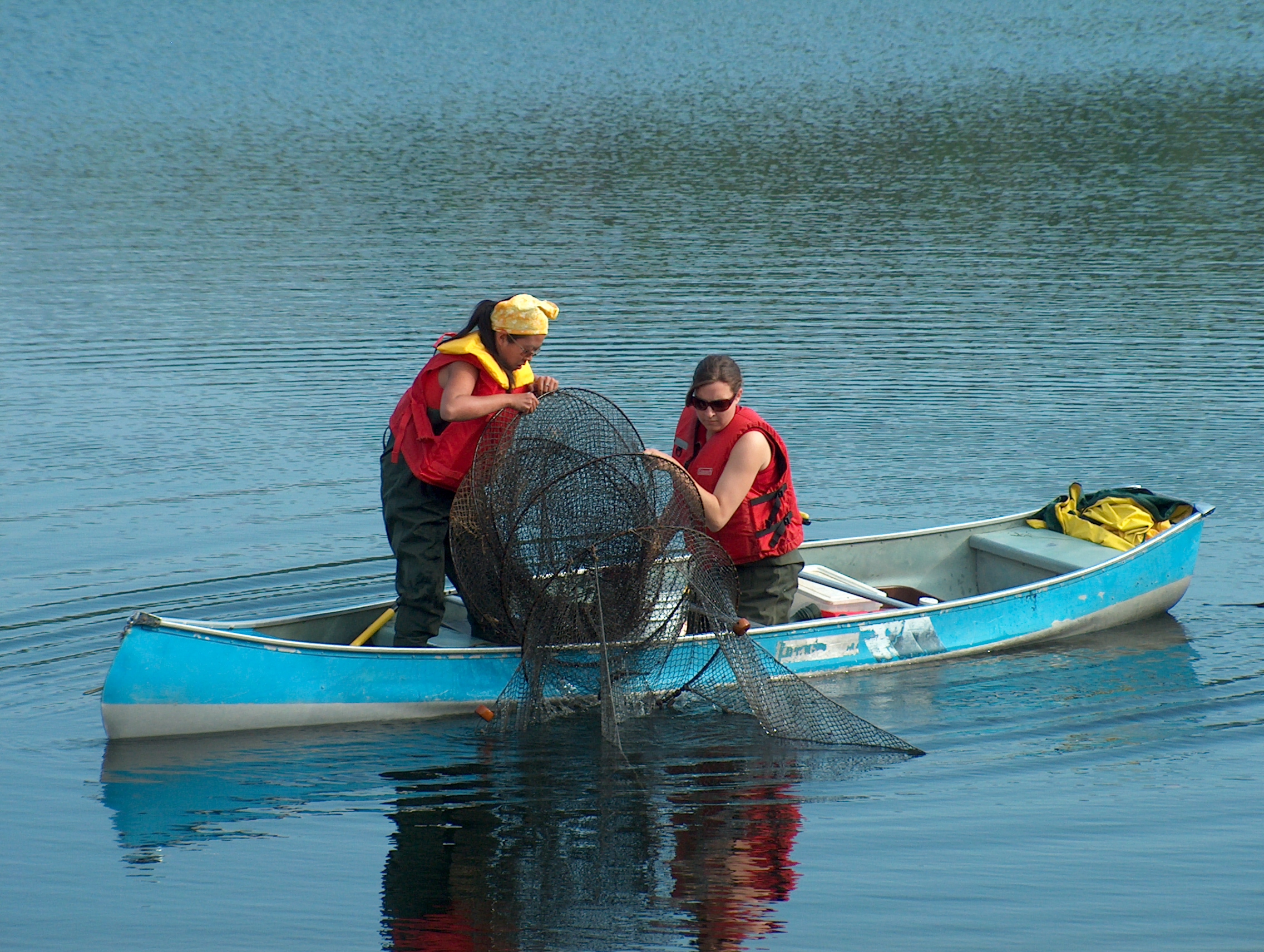the Seeds of Science
Your source for the latest from the University of Toronto's department of Ecology and Evolutionary Biology
Past as prelude: Predicting how fish will cope with climate change

By Rebecca Batstone, EEB
Pop psychologist ‘Dr. Phil’ McGraw always says that “the best predictor of future behaviour is … past behaviour”. A maxim that can also be applied to fish.
Researchers at the University of Toronto found that if native fish species were lost from lakes in which the predator species was present in previous years, they had a greater risk of being lost from lakes in future years. Their disappearance was likely down to the northward shift of the predators.
The researchers capitalised on a large data-set that includes over 30 different species of fish from 1,500 Canadian lakes. For each of the 30 native fish species, Karen Alofs and Don Jackson calculated the risk that they might be lost when the predator is introduced compared to when the predator isn’t. The advantage of using this relative risk ratio is that it is easy to interpret, and allows the team to isolate the impact of a predator on top of fishing and temperature fluctuations, which can also negatively impact a fish community.
The authors’ approach can be applied to many species beyond fish, such as invasive plants and migrating birds, and ultimately improve scientists’ ability to pinpoint how climate change affects animal and plant communities.

